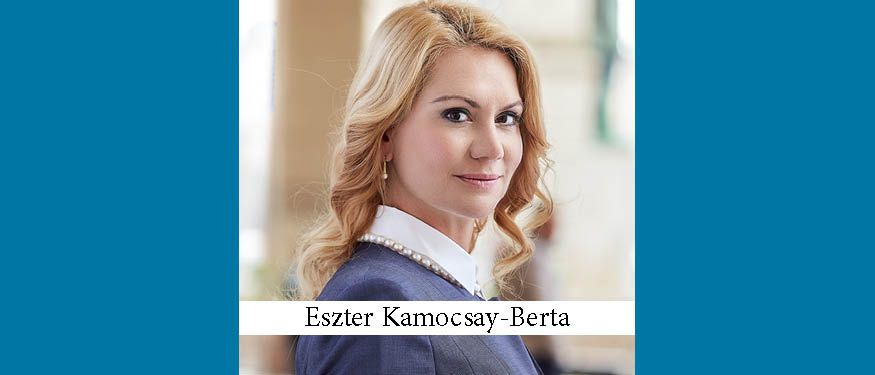Background – The History of the Principle of Self-Regulation in Hungary
Hungary’s Act XLIV of 1992 on the Employee Stock Ownership Plan (the “ESOP Act”) allows employees to acquire an ownership stake in their employing company on their own initiative within the framework of an Employee Stock Ownership Plan by means of an organization established by themselves on the basis of the principle of self-regulation. The purpose of this legal instrument was to boost the company’s economic performance by bringing together the owners’ and workers’ collective interests. However, the ESOPs established in the nineties ceased to exist after a dynamic initial period, which might be explained by the fact that several benefits related to the ESOP were abolished. In contrast, the ESOPs in the United States of America based on the same principles became stable and reliable operators of the capital market.
Seismic Shift in Hungary – The New ESOPs
The amendment of the ESOP Act by Act CLXXXVII of 2015 established a new form of ESOP, operating with centralized management. As a result of the amendment, financial institutions, insurance companies, and investment firms may also launch an ESOP with the aim of managing financial instruments acquired by the employees within the framework of the remuneration policy. This opportunity may well lead to the widespread use of ESOPs. Depending on which employees are covered by the ESOP, the personal scope might be extended from the managers to all employees of the company and its subsidiaries within the company group.
The ESOP might be used as an incentive instrument in an exclusive or complementary manner or as an instrument used for “privatization purposes.” If, however, the ESOP is based on securities representing shareholders’ rights, the employees do not necessarily become owners of the founding company who established the ESOP, but acquire membership in the ESOP organization, which itself becomes owner of the founding company.
Upon meeting the conditions set in the remuneration policy, the employees may exchange their membership in the ESOP organization for cash or securities or for a combination of these two.
High Hopes – ESOPs from an International Perspective
From an international perspective, ESOPs could be a major economic growth factor in Hungary. In the United States, for instance, roughly 7,000 ESOPs were launched before 2015, in which approximately 13.5 million employees were involved, owning more than 8% of American corporate assets. 40% of the companies with ESOPs are in fact wholly owned by the ESOP itself, although the average ownership interest in the founding business is 17.4%. According to US surveys, companies launching ESOPs can expect a profit growth of 2.3-2.4% annually, reflecting the extra motivation arising from the participating employees and managers in the ownership. Although the newly introduced ESOPs are still in their birth phase in Hungary, the above figures project high hopes for this entirely recent legal institution.
Competitive Advantage – The Main Advantages of an ESOP-Based Remuneration Policy
The revised ESOP legislation significantly encourages a “stakeholder” approach of employees while control remains with the employer over the business share provided to the ESOP organization.
In addition, it ensures favorable taxation compared to the traditional form of share transfer programs; i.e., payments made to the employees within the ESOP are solely subject to a 15% personal income tax, implying that the social contribution tax of 22% and health care contribution can be saved.
All in all, it gives priority to the company’s long-term business goals over the employees’ short-term interests in a way that ensures that employee performance is rewarded in accordance with the company’s business performance.
What Next? – How to Make the Most of the ESOP Act by Building on the Knowledge Generated in the Last Year
The newly amended ESOP Act can be regarded as a giant achievement in encouraging the business community in Hungary to perceive new economic opportunities. The diversity of approaches in interpreting the vocabulary of this new legislation establishes the need for a close collaboration between legal professionals, tax consultants, and authorities in charge of supervising proper market practices.
By Eszter Kamocsay-Berta, Managing Partner, KCG Partners
This Article was originally published in Issue 4.2 of the CEE Legal Matters Magazine. If you would like to receive a hard copy of the magazine, you can subscribe here.



